Ultra thin glass has many applications in daily life, characterized by its thinness, lightness, and transparency. Here are some possible uses of ultra-thin glass in daily life:
Mobile Phone Screens and Electronic Devices:
Ultra thin glass is commonly used in the manufacturing of touchscreens and displays for mobile phones, tablets, and other electronic devices. Its thin design helps reduce the weight of devices and enhances their aesthetic appeal.
Televisions and Monitors: Ultra-thin glass is suitable for manufacturing slim televisions and monitors, contributing to their lightweight, high-definition, and stylish appearance.
Photographic Equipment: In high-end cameras and photographic equipment, ultra-thin glass may be used as lens elements or screen protectors, providing high transparency and scratch-resistant properties.
Eyewear: Ultra-thin glass can be used to manufacture highly transparent and lightweight eyeglass lenses, offering a more comfortable wearing experience.
Construction and Interior Design: Ultra-thin glass can be applied in architecture for windows, partitions, walls, and flooring, providing modern aesthetics and transparency to buildings.
Automotive Industry: Ultra-thin glass may be used in car windows, dashboards, and in-car displays, enhancing the vehicle's appearance and driving experience.
Photovoltaic Industry: Ultra-thin glass can serve as a cover material for solar panels, providing protection and improving the efficiency of solar cells.
Medical Devices: In certain medical devices, ultra-thin glass can be used for transparent screens or cover materials, ensuring clear displays and protection.
Home Products: Ultra-thin glass can be applied in home products such as tabletops, surfaces of furniture, and decorative items, adding a modern touch to home environments.
Lighting Fixtures: Ultra-thin glass can be used to manufacture lampshades, lighting panels, or transparent elements in light fixtures, offering soft lighting and an attractive appearance.
It's important to note that the specific application of ultra-thin glass depends on factors such as its thickness, hardness, transparency, and other physical properties. Therefore, these factors should be considered when choosing and designing applications. Additionally, the ultra-thin glass manufacturing industry is continually innovating to provide more advanced and diverse products for different fields.

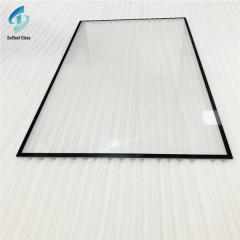
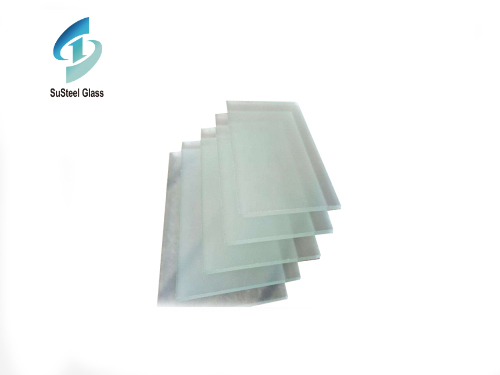 Exploring the Versatility and Elegance of Custom Thick Glass
Exploring the Versatility and Elegance of Custom Thick Glass
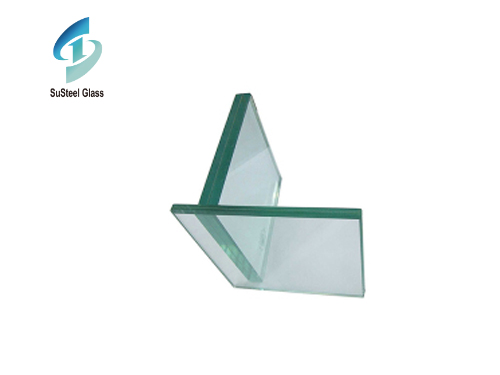 Unveiling the Strength and Versatility of Laminated Glass: Exploring Material Properties
Unveiling the Strength and Versatility of Laminated Glass: Exploring Material Properties
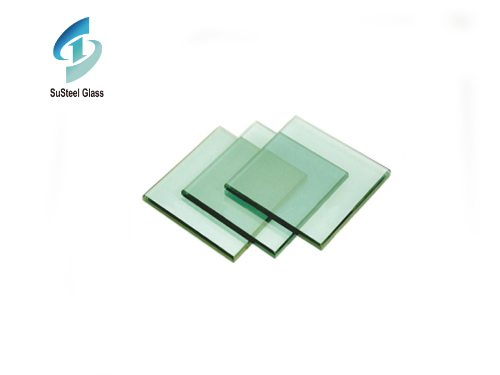 Enhancing Safety with Blast Resistant Glass: Innovations, Applications, and Protective Solutions
Enhancing Safety with Blast Resistant Glass: Innovations, Applications, and Protective Solutions
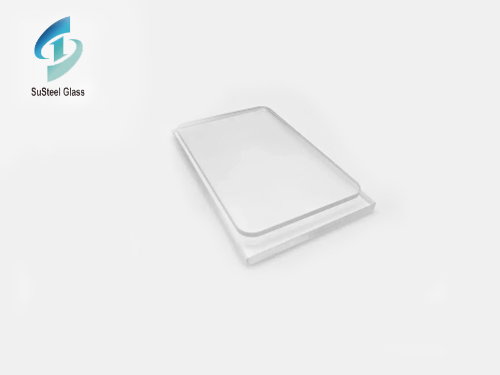 Painted glass has emerged as a captivating medium for interior design
Painted glass has emerged as a captivating medium for interior design

